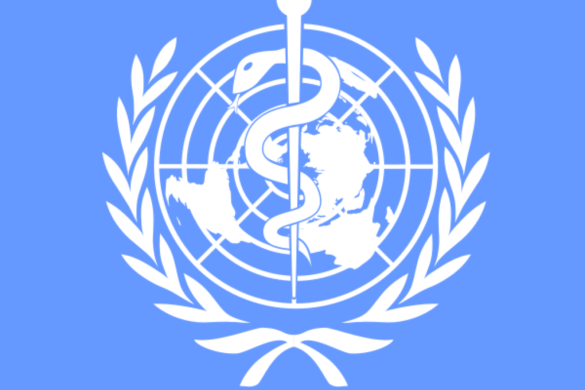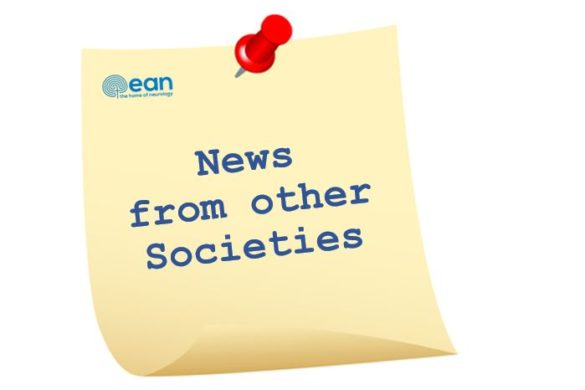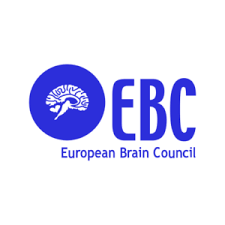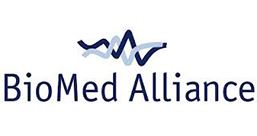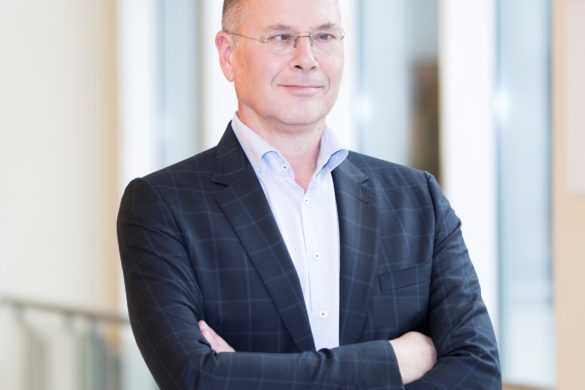EU Buzz: European elections, Horizon Europe and the fight for brain research
May has been a busy period in Brussels. Even though the European institutions slowed down due to preparations for the European Parliamentary elections, health societies, research organizations and experts in Brussels are busy planning for the future. The BioMed Alliance held its Spring meeting where member organizations discussed how to better promot the need for health research and develop sustainable cooperation among stakeholders. Horizon Europe, the EU’s next research funding programme, has entered its next phase where institutions and key stakeholders are now working on the text for the implementation, namely the research missions and partnerships.
The European Parliament elections, which are held in each European Member State on 23-26 May, are going to be a turning point for European policy making. With Brexit looming around the corner and populist, nationalist rhetoric gaining ground in several countries, there is much speculation about the outcome of these elections. Strategies will need to be tailored to the results, but this holds a major benefit: there is new ground to raise awareness and help the newly elected policy makers create meaningful and sustainable research and health policies in the EU.
At the BioMed Alliance’s Spring meeting on 14 May, the BioMed Alliance pledged together with its members, including EAN, to play a more prominent role in the next public-private partnerships (PPPs). Aiming at strengthen relations with the European Commission’s DG SANTE (responsible for EU Health policy) and DG RTD (responsible for research and innovation), proposing 3 or 4 priorities (health research cluster and PPP) as well as to continue increasing visibility among Brussels based stakeholders and at national level.
In the same meeting, Professor David Vodusek, Chair, from the European Academy of Neurology, presented the new CME (continuous medical education) permanent committee which held its first meeting on 17 April 2019. The mission of the committee is to define common criteria for good CME; to analyse and upgrade education; to set standards on how deliver CME and to discuss with industry, accreditors, patient representatives and other stakeholders. Professor Gunhild Waldemar, EAN delegate to the BMA Board and Treasurer of the BMA, presented the BioMed Alliance’s Treasurer Report.
Plan S (European Commission initiative for open research), Health Technology Assessment (HTA) and the Task Force on Regulatory Affairs and Medical Devices was also among the relevant topics discussed at the Spring Meeting.
Regarding Horizon Europe, a partial agreement was reached in March. Even though the overall budget was increased compared to Horizon 2020, a budget of 7.7 billion euros was assigned for the health cluster by the European Commission, which is 2% less than it was in Horizon 2020. This amount is subject to change as the institutions are continuing to discuss the text of the implementation of the Horizon Europe programme (Strategic Planning) and the budget allocated for each pillar and cluster depends on the overall EU budget framework, the Multi-Annual Financial Framework (MFF) which will likely be finalized by the end of 2019.
Preliminary topics for European research partnerships are to be decided in the upcoming weeks and a public consultation on the Strategic Planning of Horizon Europe will be launched by the European Commission in mid-June. Organizations for brain health are pushing for inclusion of a brain-related mission, but the success is still to be seen, as Member States and the European Parliament favour curing cancer as the first “moonshot” goal. It needs to be noted that this is the first framework programme to be structured on missions, and curing cancer is only the first health-related mission, and others, maybe brain research, will follow in the future. For this, on 13 May – as a follow-up on the partial agreement between the Council and the European Parliament – the European Commission launched a call for experts for a so called “Mission Board” which seeks to advise on the identification and implementation of missions in Horizon Europe. The call for applications is available online. The deadline for applications is 11 June 2019.
The Management Group of the EAN SP on Neuro-Oncology was informed of this call.
Moreover, on 14 May, the European Commission appointed Professor Mauro Ferrari as next President of the European Research Council (ERC) and he will take office on 1 January 2020. The ERC was founded in 2007 through the EU budget as part of the current Horizon 2020 programme. The President is the formal representative of the European Research Council and chairs the Scientific Council, the ERC’s governing body. The Scientific Council, composed of scientists and scholars, defines the scientific funding strategy and methodologies of the ERC.
Lastly, the University of Bergen organized an event “Better Aging: science and innovation to combat dementia” on 23 May, where participants debated the burden of the disease on the patients, caretakers and national health systems, the need for research and for innovative solutions. Participants agreed that technology and a multi-disciplinary approach is essential to alleviate this burden as well as stakeholders need to be able to closely collaborate with national governments in order to provide the necessary assistance to patients suffering from dementia as well as their caretakers. Norway is one of the first countries to have implemented a National Brain Plan.





